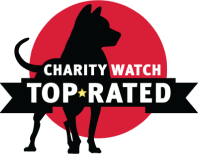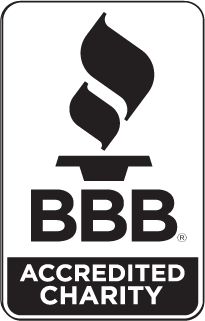

Honduras
Building the country’s resilience against the impact of climate and natural disasters and the risk of infectious diseases to improve and protect the health of its most marginalized and vulnerable communities
The Context
Honduras is one of the poorest countries in Central America, with poverty affecting nearly 6 million people. Additionally, the country’s health system is challenged with aging infrastructure and significant health worker and resource shortages, which has been exacerbated by Hurricanes Eta and Iota and the COVID-19 pandemic. Insufficient training and continuing education opportunities for health workers, equipment and supply shortages, data collection deficiencies, and nearly non-existent community-based prevention programs have left many without access to quality healthcare.
Many communities depend on agriculture to make a living, making them especially vulnerable to the growing impacts of climate change. In recent years, tens of thousands of Hondurans have fled the country in search of safety and opportunity – exposing them to perilous migration journeys with limited access to healthcare and adequate protection and shelter. Those who have remained in Honduras face widespread poverty, violence, and insecurity, and a myriad of grave health concerns — particularly women and children.
Our Impact
Increasing Access to Health, WASH, & Protection Services for Migrants
Project HOPE is working to improve the health status of migrants and host communities in Honduras by supporting health facilities and shelters with surge staffing and infrastructure rehabilitation and coordinating and deploying mobile medical units. We will also support impacted communities by providing Psychological First Aid and distributing essential health and hygiene items.
Improving Health Systems in Honduras Related to COVID-19
Project HOPE continues addressing priority health needs further exacerbated by the COVID-19 pandemic. Working in coordination with our local partner, Cooperativa Mixta de Servicios de Salud (COMSALUD), Project HOPE established strategic alliances with government and health stakeholders, distributed computer and biomedical equipment to health facilities, and launched a community health campaign and telehealth activities. Additionally, Project HOPE and COMSALUD conducted health promotion activities to address hypertension, diabetes, and breastfeeding and developed and implemented health worker training curricula on topics like post-COVID 19 syndrome, mental health and resiliency, and chronic malnutrition in children.
Our History in Honduras
Since 1984, Project HOPE has closely collaborated with the Ministry of Health to improve maternal and child health, offer vaccinations and education for pneumococcal diseases, train health workers in the prevention and care of infectious and chronic diseases like HIV/AIDS and diabetes, and support women’s economic empowerment through Village Health Bank micro-loans.
Between 1992 and 2015, Project HOPE’s Village Health Bank Program has helped to transform lives in Honduras by extending over $24 million in micro-loans to more than 27,000 women. Project HOPE also provided over 18,000 health education sessions to enrolled women, which led to significant improvements in their health and well-being.
In response to Hurricanes Eta and Iota in 2020, Project HOPE delivered 250,000 surgical and KN95 masks to local partners and the Honduran government to distribute in communities and health facilities, in addition to providing medical surge staffing and expanding access to clean drinking water.
In Honduras, Project HOPE operates through our subsidiary Fundación Project HOPE.







